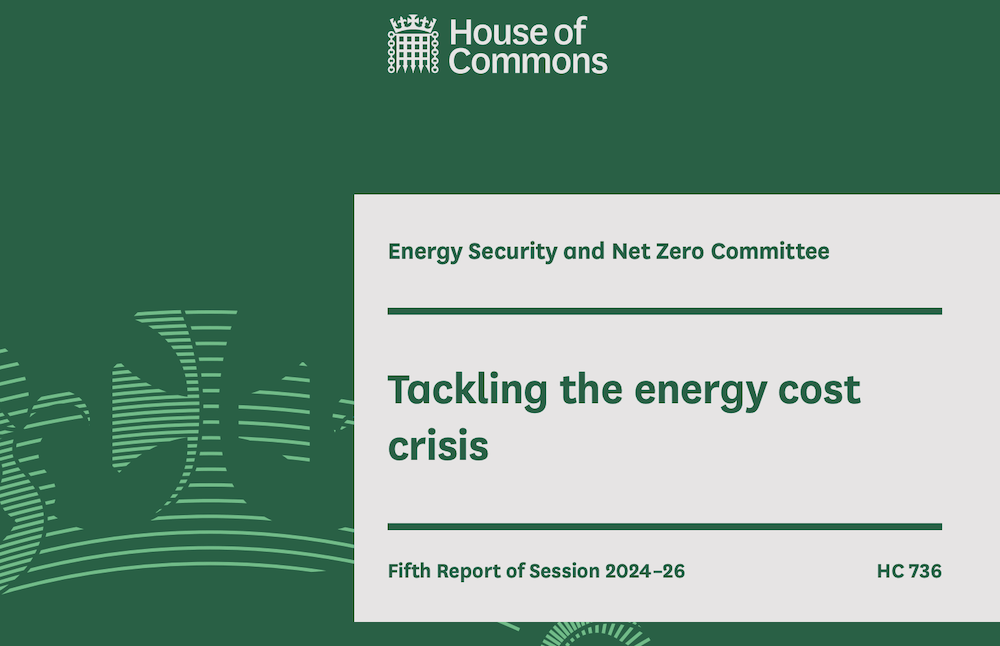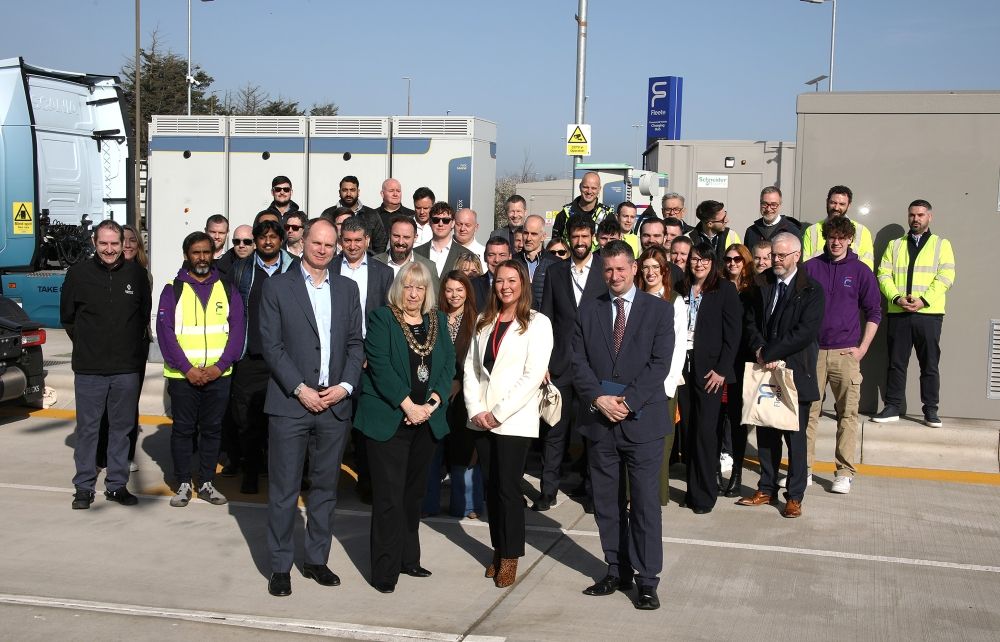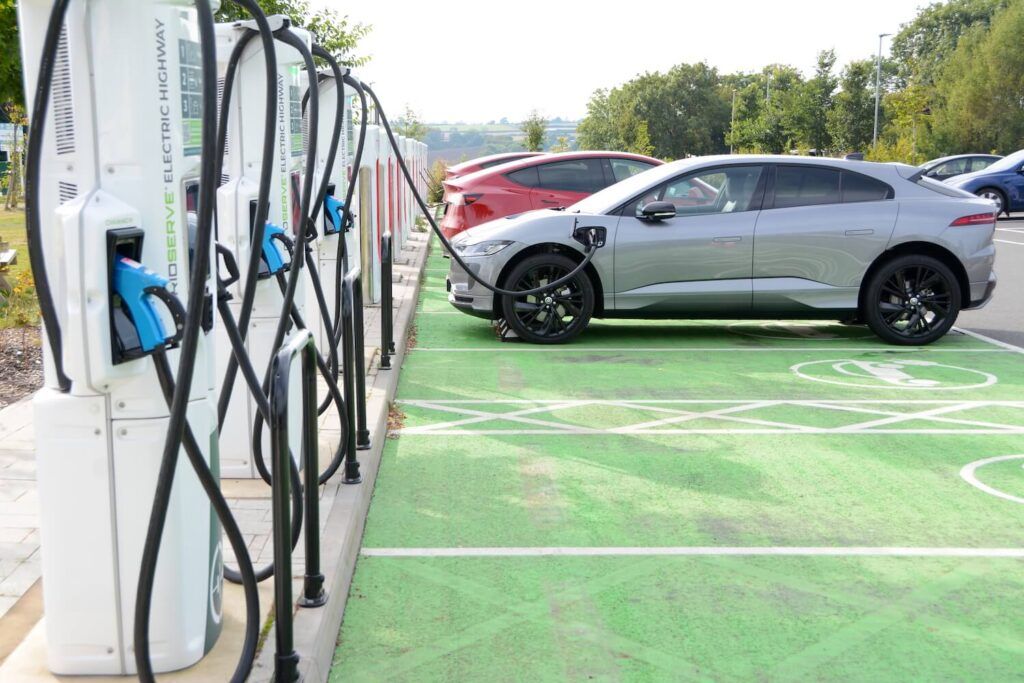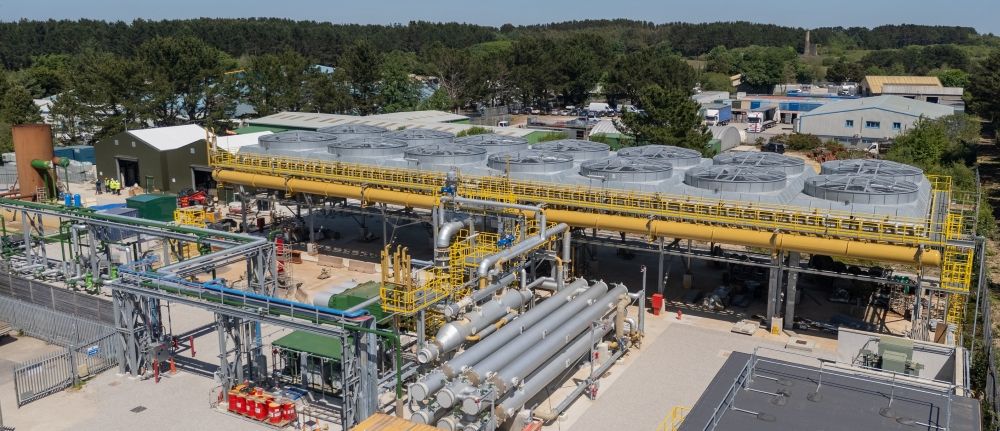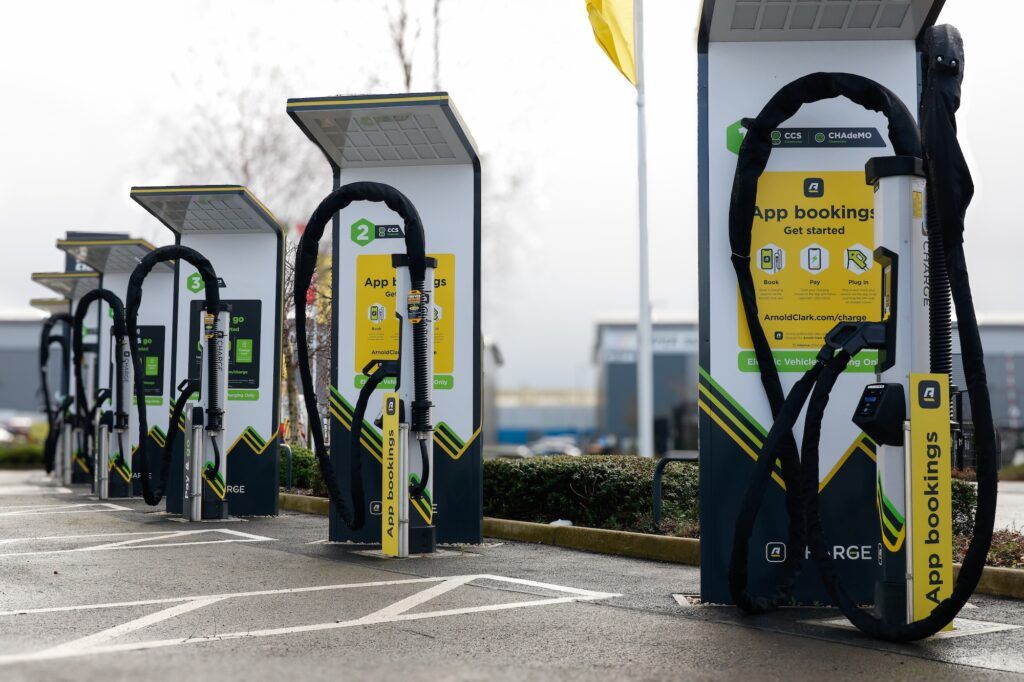A call for action on consumer energy debt forms part of a series of recommendations in the first part of the Energy Security and Net Zero select committee’s report into the cost of energy.
The report follows concern about consumers seeking support for energy billing, and the committee said that despite the rollout of smart meters, there were still issues around coverage, and Ofgem should have the back billing period to six months for those on a smart meter.
In addition, the committee’s report found there was record consumer energy debt being carried over onto all bills, standing charges were a “regressive tax on energy access” and the Energy Ombudsman is “toothless”.
Millions of customers currently owe a total of more than £4bn in debt and arrears, a record figure that has more than tripled in just five years. Average energy debt owed by customers without a repayment plan has doubled since 2021, reaching £1,712 at the start of this year.
The committee calls it “completely inexcusable” that households are forced to ration energy and choose between heating and eating. Recommendations to government include an Energy Debt Relief Scheme, consulting before spring 2026 on a scheme with lasting protection against debt and provisions for debt forgiveness.
It also said the Energy Ombudsman should be put on a statutory footing, a price cap should be equal for all customers regardless of their payment period, and the Government must set ambition targets on smart meters.
The committee also called on customers converting to electric heating to be exempt from gas standing charges, and that such charges should never be more than 50% of money put on a pre-payment meter. The Government must also ban energy suppliers from carrying out debt collection practices while in the middle of an Energy Ombudsman investigation, it added.
It also said the maximum pay award that the Energy Ombudsman can grant to businesses should be increased to £50,000, to reflect the scale of billing issues that can affect them.
In the second part of the inquiry, the committee will be looking at how costs like upgrading the grid and building new sources of energy generation are making up an increasing amount of the household bill. The Committee will be focusing on how bills might be reduced in the next phase of its cost of energy inquiry.
Committee chair, Bill Esterson said:
“British energy consumers are £4 billion in debt, while network companies have made over £4 billion in excess profits.
“These profits have come simply from outperforming price controls, even as millions of families ration energy or go without heat.
“We’re calling on the Government to use these windfall profits to fund a lasting energy debt relief scheme, recognising the deep and enduring impact of the energy price crisis.
“But this must only be the start. Non-commodity costs like upgrading the grid and building new sources of energy generation are making up an increasing amount of the household bill. The Committee will be focusing on how bills might be reduced in the next phase of our Cost of Energy inquiry.”
Image of report cover courtesy of the committee




